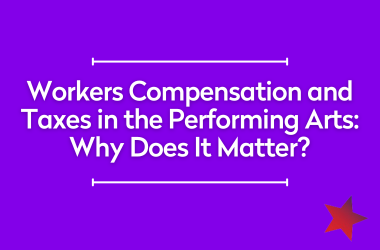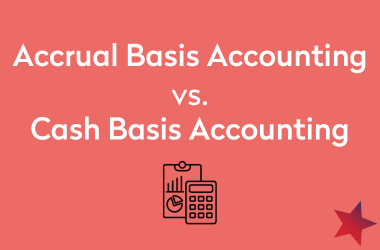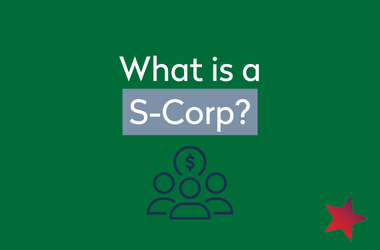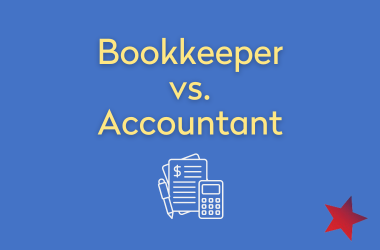
by pennextsteps | May 19, 2022 | Taxes
Workers Classification in the Performing Arts: Why Does It Matter? NEXTSTEPS GUEST WRITER: STEFI GEORGE How You Classify Workers Can Make a Big Difference for Workers Compensation and Tax Considerations Workers classification and taxes are two big considerations when...

by pennextsteps | Nov 16, 2021 | Accounting for the Performing Arts
What is Accrual Basis Accounting vs. Cash Based Accounting? Accrual Basis Accounting Accrual basis accounting refers to a major accounting method that recognizes revenues and expenses at the time a transaction occurs, regardless of when cash is exchanged. Accountants...

by pennextsteps | Jan 9, 2021 | Choose A Structure
What is a S Corp? Definition of S Corp for Those in the Performing Arts An S corporation (S corp) is defined as a legal business entity that is taxed as a partnership rather than separately from its owners. Income is passed through from the corporation (often called a...

by pennextsteps | Nov 16, 2020 | Accounting for the Performing Arts, Taxes
What is a 501(c)(3) Nonprofit? 501(c)(3) Nonprofit In the arts industry, a common level of incorporation you may come across is a 501(c)3 not-for-profit. Under this incorporation, the nonprofit organization uses the surplus of their revenue to fulfill the entity’s...

by pennextsteps | Nov 16, 2020 | Accounting for the Performing Arts, Bookkeeping with Quickbooks
Bookkeeper vs. Accountant The terms bookkeeper and accountant are often used interchangeably. However, they both hold very different roles. So what is the difference between a bookkeeper and an accountant? Bookkeeper A bookkeeper’s job is to keep an organization...






